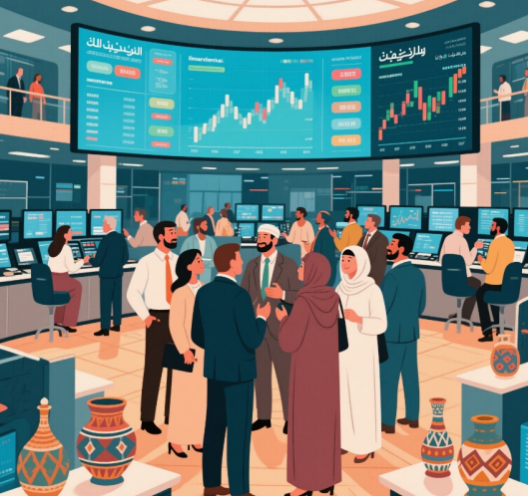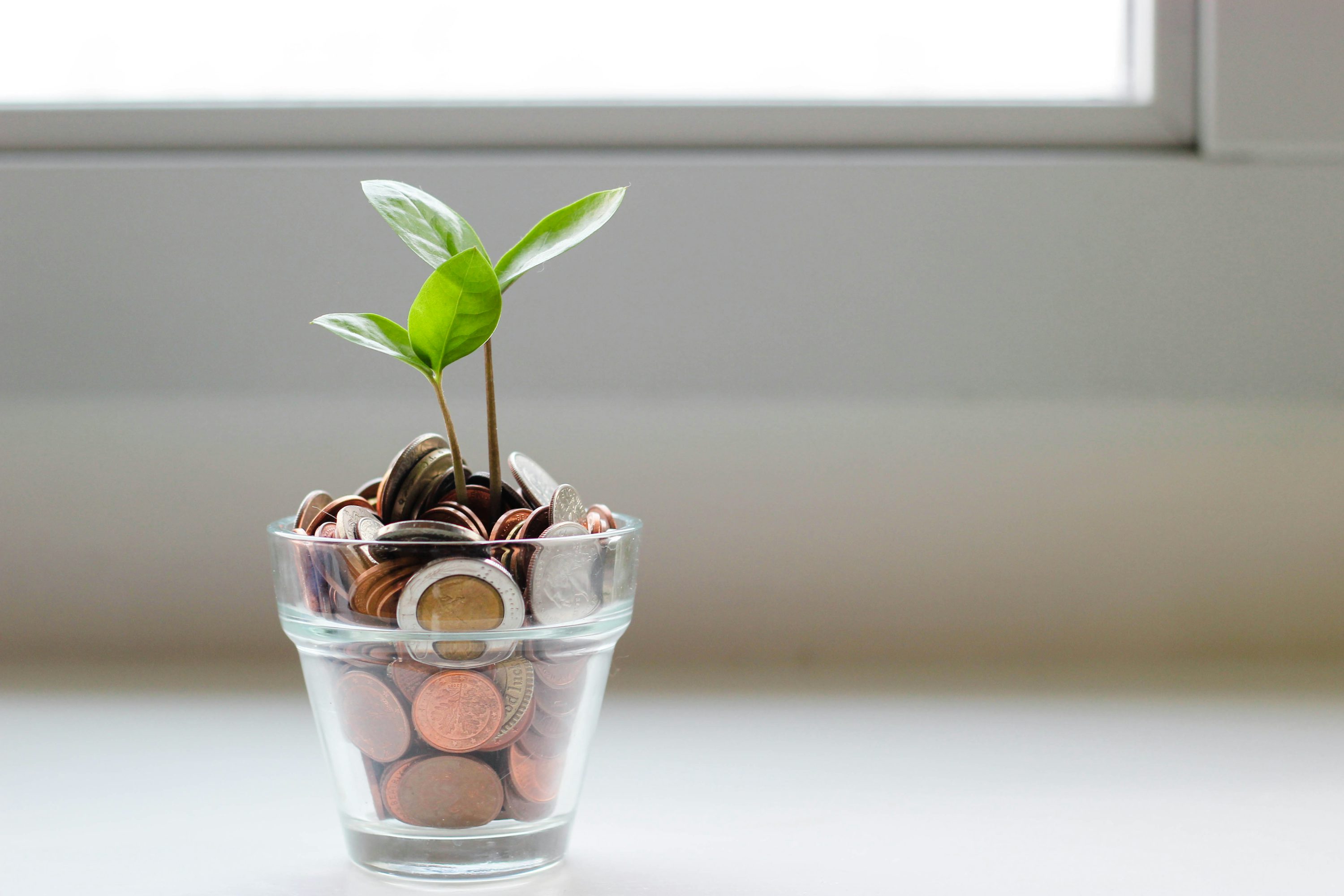Islamic Finance: Principles and Opportunities for Non-Muslim Investors

In an era of global financial diversification, Islamic finance has emerged as a dynamic sector offering ethical, asset-backed investment options that resonate beyond its traditional Muslim audience. Rooted in Shariah (Islamic law), this system prioritizes risk-sharing, ethical conduct, and tangible economic value—principles that align with growing global demands for sustainable and transparent investing. For non-Muslim investors aged 20 to 40, understanding its core concepts like Sukuk (Islamic bonds) can unlock unique opportunities in an increasingly interconnected market.
Core Principles of Islamic Finance
Islamic finance operates on two foundational principles: the prohibition of riba (usury or interest) and gharar (excessive uncertainty or speculation). Instead of lending money with fixed interest, it emphasizes profit-and-loss sharing (PLS) and asset-backed transactions. Every financial product must be tied to real economic activity—such as ownership of property, commodities, or business operations—ensuring investments have tangible underlying value. This approach discourages speculative practices, making it inherently stable during market volatility.
A key compliance mechanism is the role of Shariah boards—independent committees of Islamic scholars who vet financial products to ensure alignment with religious laws. Their oversight provides a framework of transparency, reassuring investors that products meet strict ethical and structural standards.
Sukuk: The Cornerstone of Islamic Fixed-Income Investing
Sukuk, often called "Islamic bonds," are the most recognized Shariah-compliant financial instrument. Unlike conventional bonds, which represent debt obligations with interest payments, Sukuk certificates represent proportional ownership in tangible assets, projects, or revenue streams. Investors generate income via asset-derived profit distributions or lease payments instead of predetermined interest yields.
Sovereign entities frequently utilize Sukuk instruments to fund civic developments like transportation networks. Investors purchase certificates representing ownership in the road’s future toll revenues. Returns are tied to the project’s actual performance, creating a direct link between investment and real economic output. This asset-backed structure reduces default risk and provides clarity on how capital is deployed—qualities increasingly valued by ESG-conscious investors.
The global Sukuk market has grown exponentially, reaching over $2 trillion in outstanding issuances by 2024, with non-Muslim issuers like the UK, Luxembourg, and the World Bank actively participating. These cross-cultural adopters recognize Sukuk’s appeal as a stable, diversified tool that avoids the interest-based risks inherent in traditional debt markets.

Why Non-Muslim Investors Should Take Notice
Ethical Congruence: The emphasis on tangible assets and strict prohibition of speculative activities is fully congruent with ESG (environmental, social, governance) investment objectives. Islamic finance explicitly precludes investments in industries related to alcohol, gambling, weaponry, and pork products, thereby naturally gravitating toward socially responsible economic sectors.Risk Management: Asset-backed structures and profit-sharing models distribute risk between investors and issuers, reducing exposure to speculative bubbles. During the 2008 financial crisis, Islamic banks outperformed conventional peers due to their strict avoidance of toxic debt products.
Global Diversification: As emerging markets in Southeast Asia, the Gulf Cooperation Council (GCC), and Africa drive Sukuk growth, non-Muslim investors gain access to regions with high-growth potential while adhering to a principles-based framework.
Navigating Compliance and Accessibility
Investors can engage with Islamic finance through specialized funds or global financial institutions that offer Shariah-compliant products. Asset managers like BlackRock and Goldman Sachs now offer Sukuk funds, providing easy access to diversified portfolios. Due diligence remains critical: verifying Shariah certification from recognized boards (such as the Accounting and Auditing Organization for Islamic Financial Institutions) ensures compliance and reduces reputational risk.
Critics sometimes cite complexity as a barrier, but standardized regulations—such as the Islamic Financial Services Board (IFSB) guidelines—have streamlined product structures, making them more accessible. For young investors seeking alternatives to conventional finance, Islamic instruments offer a unique blend of ethical integrity and structural stability.

Conclusion
Islamic finance is no longer a niche segment; it’s a global financial system with universal appeal. By prioritizing asset-backed investing, risk-sharing, and ethical conduct, it offers non-Muslim investors a pathway to diversify portfolios while aligning with values of transparency and sustainability. Products like Sukuk demonstrate how religious principles can inspire financial innovation that benefits all—proving that ethical finance and profitable investing are not mutually exclusive. As the global market continues to seek responsible investment solutions, Islamic finance stands ready to bridge cultures and currencies, one Shariah-compliant opportunity at a time.
(Writer:Haicy)





